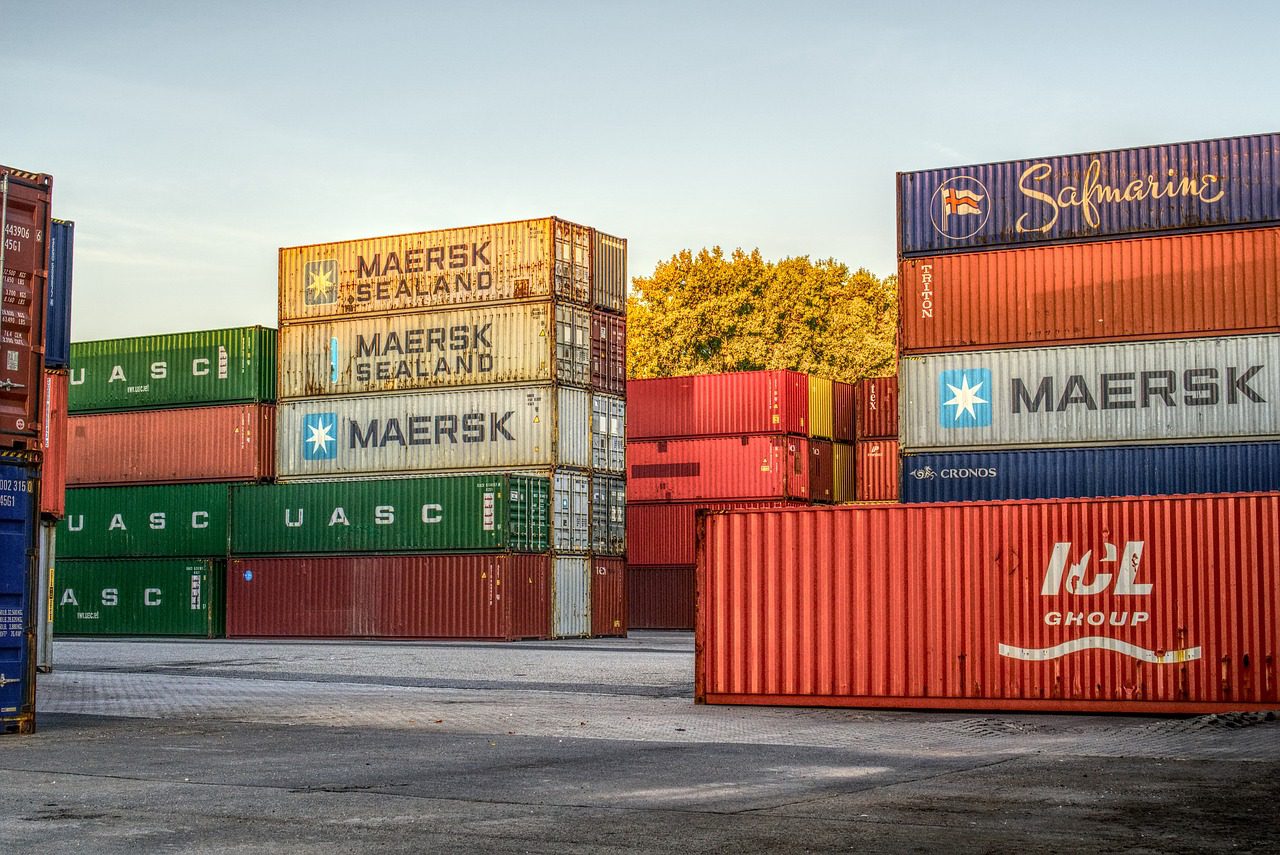
The allure of low-cost freight rates is compelling. The potential for cost savings and enhanced profit margins often entices importers. However, these temptingly low offers can be a trap laid by some freight forwarders, a siren song leading companies into hidden pitfalls. The stark reality is that these bargain rates can hide a multitude of costs, the most critical being the risk of shipment delays, known in industry parlance as “rollings.”
Understanding Rolling in Freight Forwarding
Rolling, a term coined by ocean carriers, describes scenarios where cargo is bumped or delayed from its scheduled voyage. This tactic, a bait and switch of sorts, is commonly used by low-cost freight forwarders. The quoted rate is often never intended to facilitate on-schedule shipping. Instead, it’s a waiting game, betting on rate decreases in the near future, resulting in potential delays of 2-4 weeks before your shipment boards a vessel.
The Domino Effect of Delayed Shipments
The repercussions of rolled shipments ripple through various business aspects:
- Supply Chain Disruptions: Delays can wreak havoc in today’s just-in-time manufacturing environment, leading to halted production, missed deadlines, and strained customer relationships.
- Increased Costs: Initial low freight rates can be deceptive, as costs related to delayed shipments, such as additional storage fees, demurrage charges, and late delivery penalties, can accumulate rapidly.
- Reputational Damage: Consistent delays can erode a company’s credibility, resulting in lost customer trust and potentially business.
- Opportunity Cost: Time devoted to managing delayed shipment fallout is time diverted from business growth and core operations.
The Importance of Market Rate Understanding
Comprehending market rates for freight forwarding is vital. Factors like fuel costs, carrier capacity, route popularity, and seasonal demand influence these rates, striking a balance between a fair service price and the forwarder’s cost of securing cargo space. Significantly lower-than-average rates from a forwarder might indicate corner-cutting, overbooking, or lack of space reservation, heightening the risk of your shipment being rolled.
The Value of Reliable Freight Forwarding
Reliability and transparency are the keystones of effective freight forwarding. A credible forwarder will quote realistically, reflecting the true cost of timely and secure goods shipment. They use their carrier relationships to ensure space availability and plan for unforeseen events.
Choosing the Right Freight Forwarder
When selecting a freight forwarder, consider these factors:
- Experience and Reputation: Opt for a forwarder with a proven track record and positive client testimonials. At DGL, the ‘Dedola Difference’ symbolizes our commitment to top-tier service, honed over nearly half a century.
- Transparency: A good forwarder is upfront about their pricing and influencing factors. We at DGL pledge fee transparency.
- Customer Service: Select a forwarder with outstanding customer service and clear communication. DGL offers premier customer service with dedicated reps and round-the-clock support.
- Network and Resources: A forwarder with a strong network and resources can provide more dependable services. DGL’s network, built over decades, upholds the ‘Dedola Difference’ standard.
- Market Knowledge: They should understand market trends and rates in-depth. Our senior leadership at DGL remains abreast of all market trends, maintaining an open dialogue with overseas partners.
Conclusion
While the attraction to low freight rates is understandable, the risks of choosing a forwarder based solely on price can adversely affect your business. If a freight forwarding deal seems too good to be true, it likely is. Choose a freight forwarder like DGL, known for its impeccable reputation, transparency, and customer-first approach. Contact us for a free consultation or quote request.


